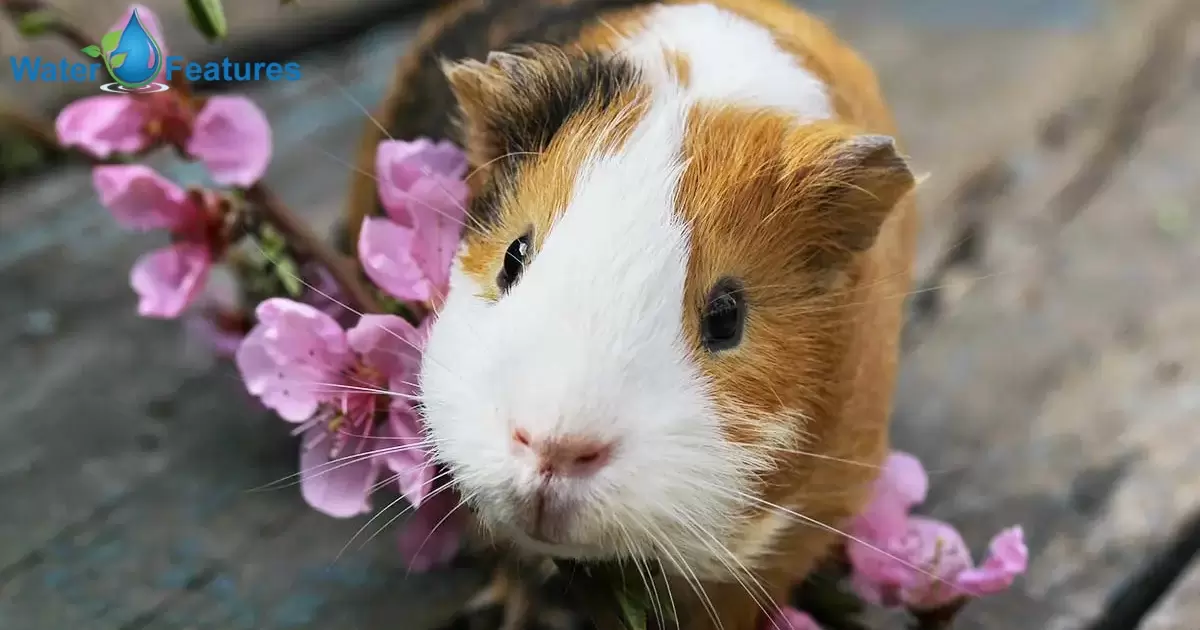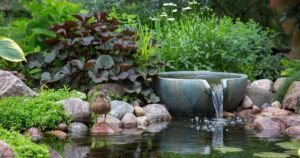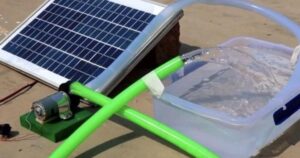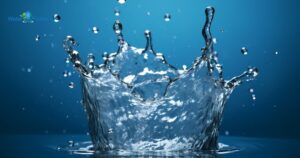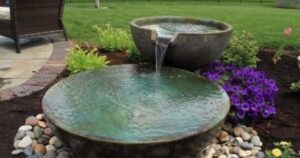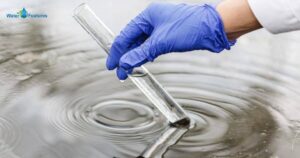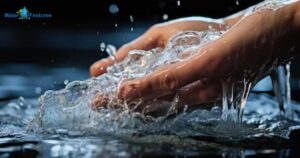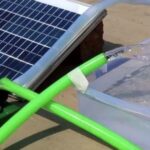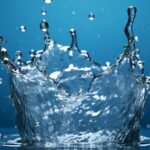Guinea pigs, those small, adorable rodents that have captured the hearts of many as popular pets, require special care to keep them healthy and happy. One crucial aspect of their well-being is their diet and, more specifically, their hydration. While water is essential for any living creature, you might wonder if guinea pigs can drink tap water without any adverse effects.
Can Guinea Pigs Drink Tap Water? It’s a question that often crosses the minds of caring guinea pig owners. These delightful little creatures rely on us for their well-being, and providing them with the right type of water is a critical part of that responsibility. While tap water is generally safe for human consumption, it may not always be the best choice for guinea pigs.
The primary concern lies in the chlorine and fluoride often found in tap water, which can be harmful to these small creatures. Both of these chemicals, when ingested in excessive amounts, can lead to health problems for guinea pigs. In this article, we will delve into this question and provide you with the information you need to ensure the well-being of your furry companions.
What Do Guinea Pigs Drink?
Guinea pigs primarily drink water, which is essential for their well-being. Unlike some other animals, guinea pigs do not possess the ability to obtain water from their food or produce it internally. This makes it crucial to provide them with a sufficient and accessible source of water.
Why Guinea Pigs Need Water
Water plays several vital roles in the health of guinea pigs
- Digestion Proper hydration is necessary for the digestion of food in guinea pigs. It helps prevent gastrointestinal issues and constipation.
- Thermoregulation Water helps guinea pigs regulate their body temperature. It’s particularly important during hot weather when they can become prone to heatstroke.
- Metabolism Water is essential for metabolic processes in guinea pigs, aiding in the transportation of nutrients and removal of waste products.
- Overall Health Maintaining adequate hydration levels is crucial for their overall health, including their skin, fur, and organs.
What Water Do Guinea Pigs Like?
Guinea pigs prefer fresh, clean water. Tap water is generally safe for them, but it’s important to consider a few factors
- Chlorine and Fluoride Many tap water sources contain chlorine and fluoride. While these chemicals are safe for humans, guinea pigs are more sensitive. It’s advisable to use a water filter or let tap water sit for a few hours to allow these chemicals to dissipate.
- Room Temperature Guinea pigs are more likely to drink water at room temperature. Avoid giving them ice-cold water, as it might discourage them from drinking.
Bad Drinks For Guinea Pigs
Certain beverages are absolutely off-limits for guinea pigs:
- Soda and Carbonated Drinks These are high in sugar and caffeine, which can be harmful to guinea pigs.
- Milk and Dairy Guinea pigs are lactose intolerant, so avoid giving them dairy products. Alcohol is toxic to guinea pigs and should never be offered.
- Fruit Juices While guinea pigs can have small amounts of fruit, fruit juices are often high in sugar and should be avoided.
Guinea Pigs, Water Bottles, And Water Bowls
To provide water for your guinea pig, you have two main options, water bottles and water bowls.
- Water Bottles These are a popular choice because they keep the water clean and prevent bedding from getting into the water. Be sure to secure the bottle properly to the cage, so it doesn’t leak.
- Water Bowls Some guinea pig owners prefer using water bowls, as they are more natural for guinea pigs. However, bowls can get messy, and bedding may end up in the water.
Keeping Water Bowls And Bottles Clean
Whichever method you choose to provide water, cleanliness is of utmost importance
- Water Bottles Check the water bottle daily for leaks or blockages. Clean it thoroughly with a bottle brush and warm, soapy water at least once a week.
- Water Bowls Change the water in bowels daily, or as soon as it becomes soiled. Clean the bowl with mild soap and rinse thoroughly.
How Much Water Does A Guinea Pig Need Per Day?

The daily water requirement for guinea pigs can vary based on factors such as age, weight, and diet. As a general guideline, adult guinea pigs typically need around 100-300 ml (3.4-10.1 ounces) of water per day.
Monitor your guinea pig’s water intake regularly, especially during hot weather, to ensure they stay properly hydrated.
How Do I Tell If My Guinea Pig Is Dehydrated?
Recognizing the signs of dehydration in guinea pigs is crucial to their well-being. Symptoms of dehydration may include:
- Dry, Sticky Gums Dehydrated guinea pigs may have dry or sticky gums.
- Reduced Urination If you notice a significant reduction in urine output, it can be a sign of dehydration.
- Lethargy and Weight Loss Dehydrated guinea pigs may become lethargic and lose weight.
- Sunken Eyes Their eyes may appear sunken when dehydrated. If you suspect your guinea pig is dehydrated, consult a veterinarian immediately.
What Type Of Water Bottle Should I Use In My Guinea Pig Cage?
When choosing a water bottle for your guinea pig’s cage, consider the following
| Aspect | Considerations |
| Size | Select an appropriate size based on the number of guinea pigs in the cage. Multiple guinea pigs may require more than one bottle. |
| Drip-Proof | Choose a bottle that is designed to be drip-proof to prevent leakage and keep the cage dry. |
| Material | Opt for a bottle made from non-toxic materials. Some bottles are made of plastic, while others are glass. Ensure it’s easy to clean. |
FAQ’S
What can guinea pigs drink besides water?
Guinea pigs can drink plain water, but they can also have fresh, clean hay-based herbal teas in moderation. Avoid sugary or flavored drinks.
How do guinea pigs drink water in the wild?
In the wild, guinea pigs obtain most of their water from the fresh vegetation they consume. They also lick dew from leaves and stems.
My guinea pig is not drinking water but eating. What should I do?
If your guinea pig is not drinking water, consider offering a variety of fresh vegetables with high water content, like cucumber or lettuce, to help with hydration.
Do guinea pigs drink a lot of water?
Guinea pigs don’t typically drink large quantities of water. However, they do require a consistent supply of fresh water to stay properly hydrated.
Conclusion
In conclusion, providing your guinea pig with clean and accessible water is a fundamental aspect of responsible pet care. While tap water is suitable for most guinea pigs, it’s important to consider its quality and temperature to ensure their well-being. Whether you opt for water bottles or water bowls, regular monitoring and maintenance are essential to keep your furry companion properly hydrated and thriving.
A well-hydrated guinea pig is a healthy and happy one, and their well-being depends on your attention to their hydration needs. your guinea pig’s health and vitality are in your hands, and ensuring they have access to the right kind of water in the right way is a simple yet critical step in providing them with the best care and companionship they deserve.
